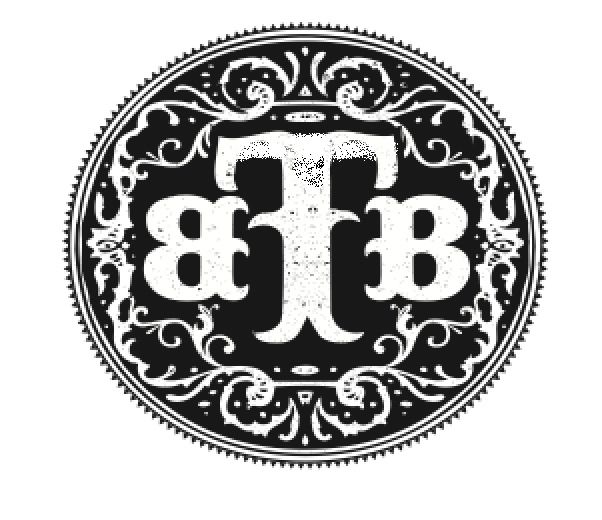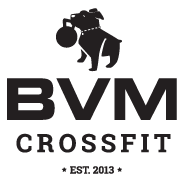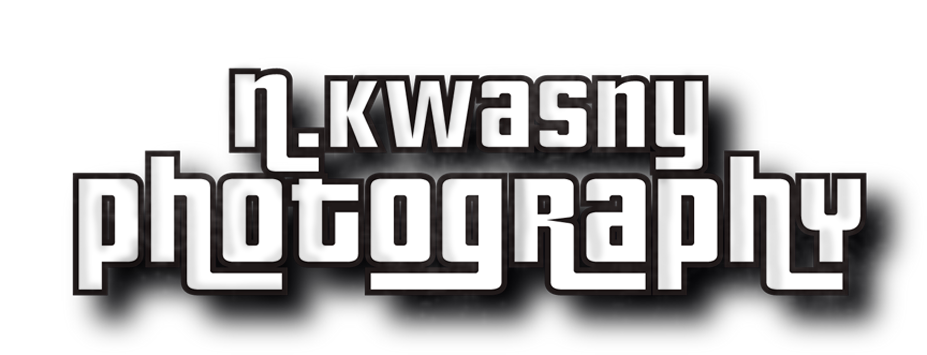A Night of Movement from the Center for Music Therapy
/The Center for Music Therapy is proudly presented "A Night of Movement" which took place on Friday, June 19 from 6 to 8 p.m. at the outdoor patio at Central Market North located at 4001 N. Lamar Blvd., Austin, Texas 78756. The evening was free and open to the public and featured a live performance from the band El Tule as they celebrated the release of their fourth album "Cuatro." The event also had interactive activities for children and adults. The evening will provide information about The Movement Tracks Project Kickstarter campaign, which just began recently. For further information regarding the campaign and more, please see: www.movementtracksproject.com.
The mission of The Movement Tracks Project phase one is to expand new potentials for more children with cerebral palsy to gain their ability to walk and adults with Parkinson's disease to regain their ability to walk through the help of music-based tools and technologies. This innovative project is being launched by The Center of Music Therapy in Austin, Texas and brings together extraordinary collaborative partners from across the globe to create new methods for music composition and recording. The results will advance the development of music technologies that offer faster, more efficient tools to create greater access to effective treatment.
"We've reached a crucial point in history where the population in our country is aging and expanding at a rate beyond our ability to fill the demand for healthcare services," said Hope Young, President, Center For Music Therapy, Inc. and Co-Producer of the Movement Tracks Project. "There are projected shortages for nurses, doctors and therapists across all regions of our country. Innovation is needed more than ever to provide tools and technologies to help us more effectively meet the healthcare needs for our future generations. Through the combined global impact of technologies and music we can turn what once was a struggle into confident first strides for improved walking for millions living with these diseases."
"We've discovered music therapy helps certain neurologic conditions such as traumatic brain injury and Parkinson's disease," said neurologist Dr. David Morledge. "No question in my mind it's quite beneficial. Those folks that are signed up with music therapy tend to have a better gait, improved balance and I'm able to reduce some of their Parkinson's medications at times," he said.
"Things far above what we can hear at our normal hearing spectrum impact how we receive music and how it interacts with us," said Stephen Bartlett, Co-Producer and Lead Engineer, Movement Tracks Project. "It's one of the reasons that live music therapy has been so successful and when you look at music therapy, unfortunately, most of the time there is just one therapist working with a child, and so, the music therapy is limited to what that person can do at that given moment. That can be a guitar and tapping a foot or singing, but you can't actually develop a full sound, you can't go too far and it's completely, logistically, and just in every way impossible to bring a whole range of musicians to a patient in their bed in a hospital. So, it's an obvious step then, if we can get the recording to substitute that, we're able to deliver it, not only to more people, but we're able to deliver more options to more people."


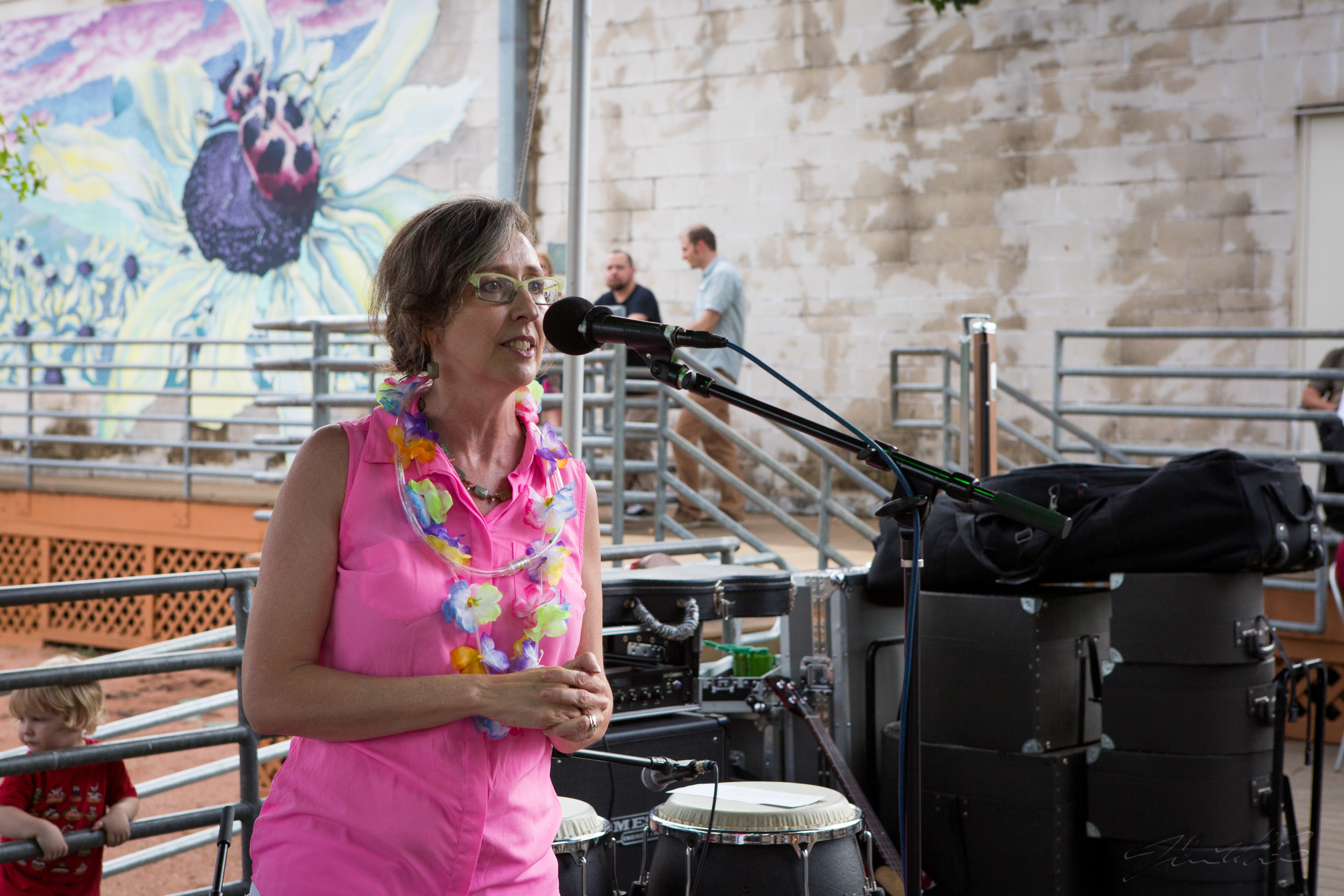
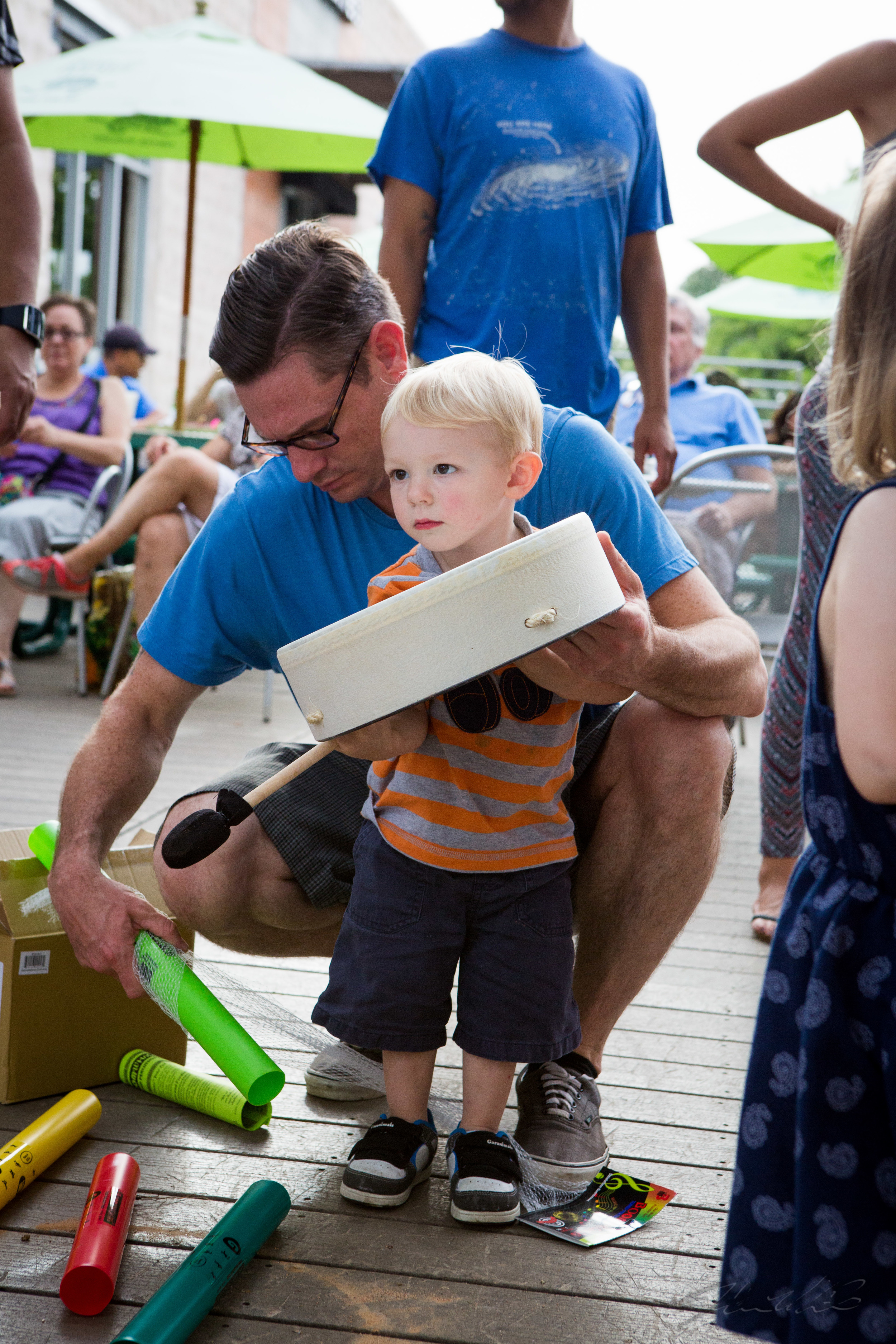
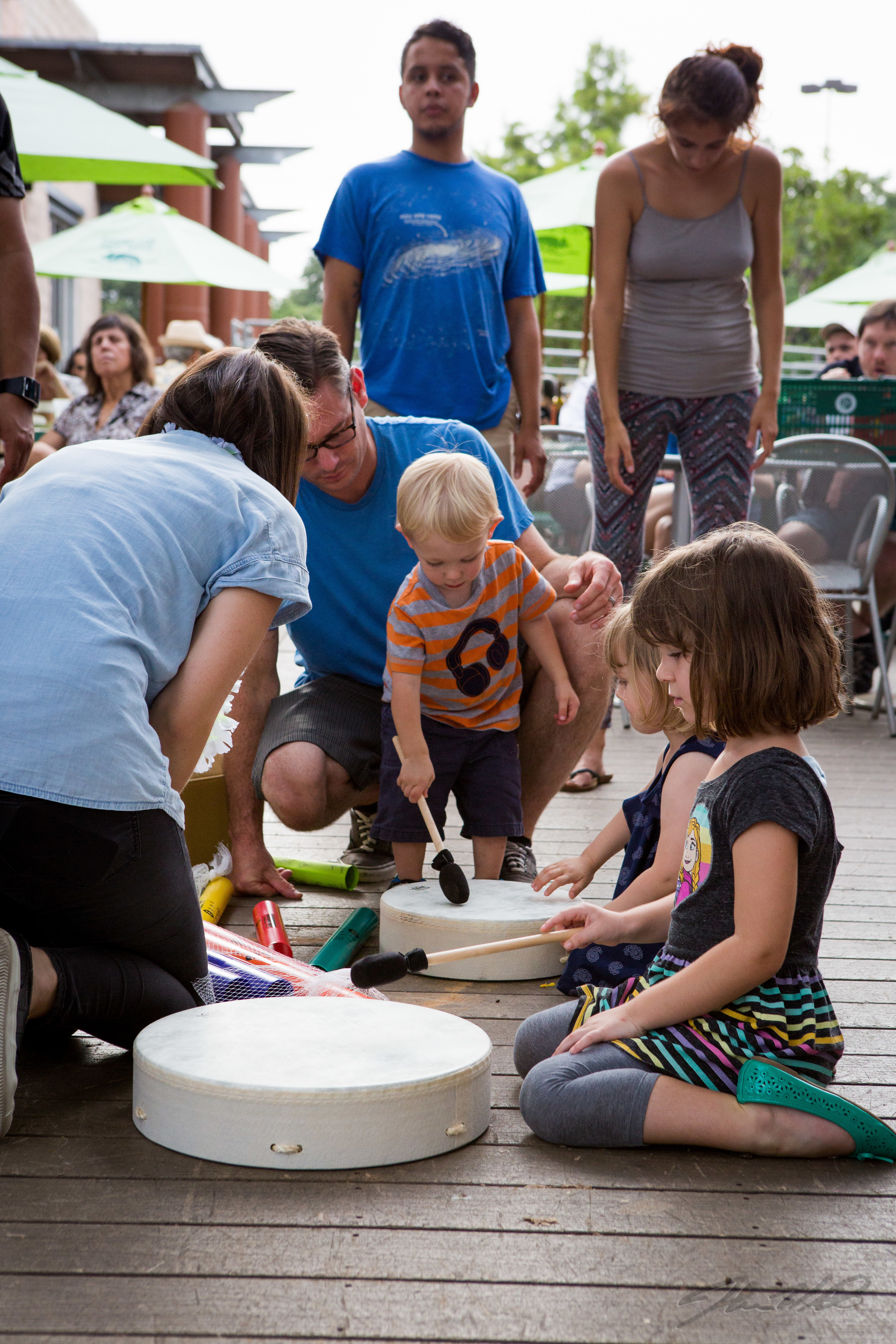
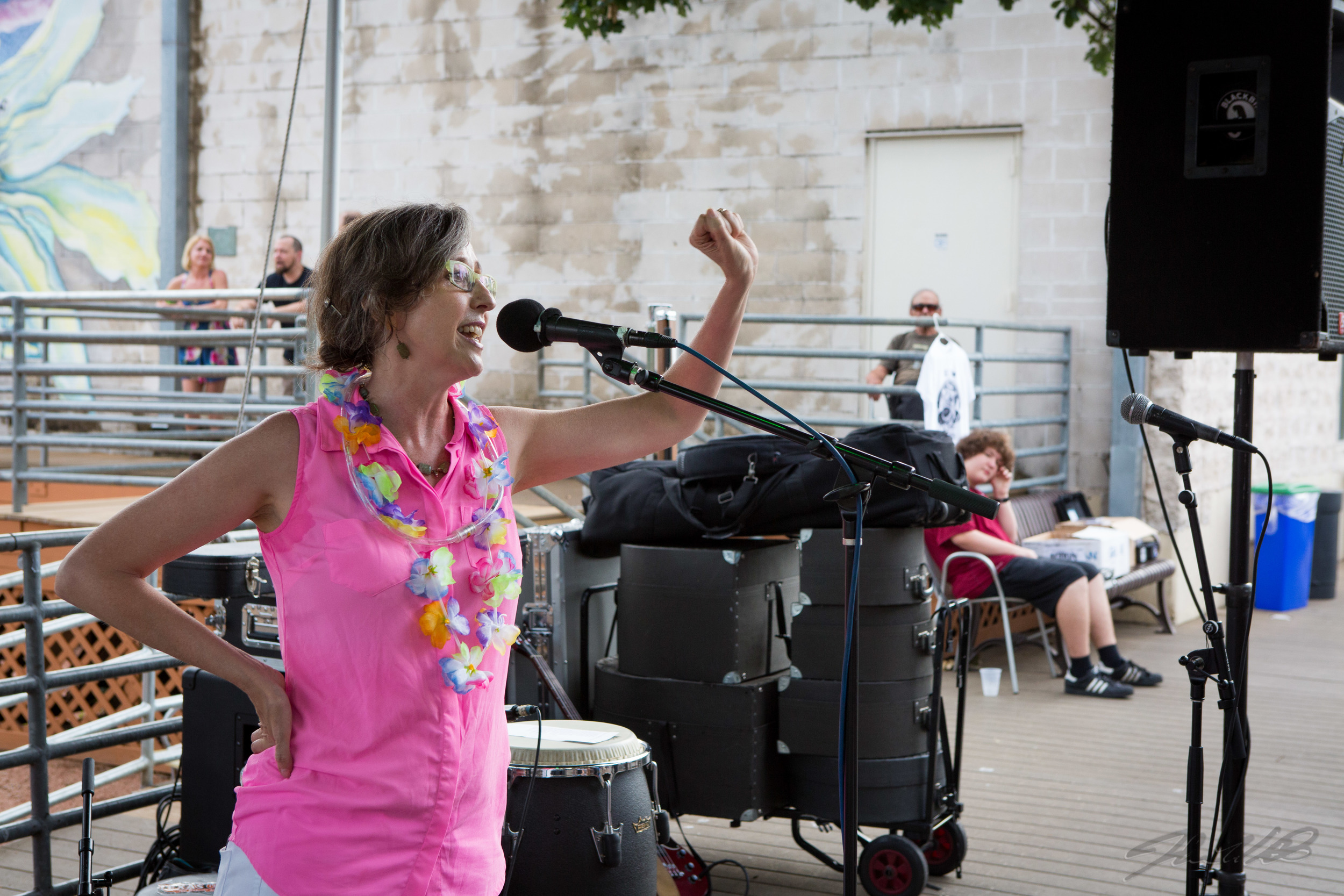
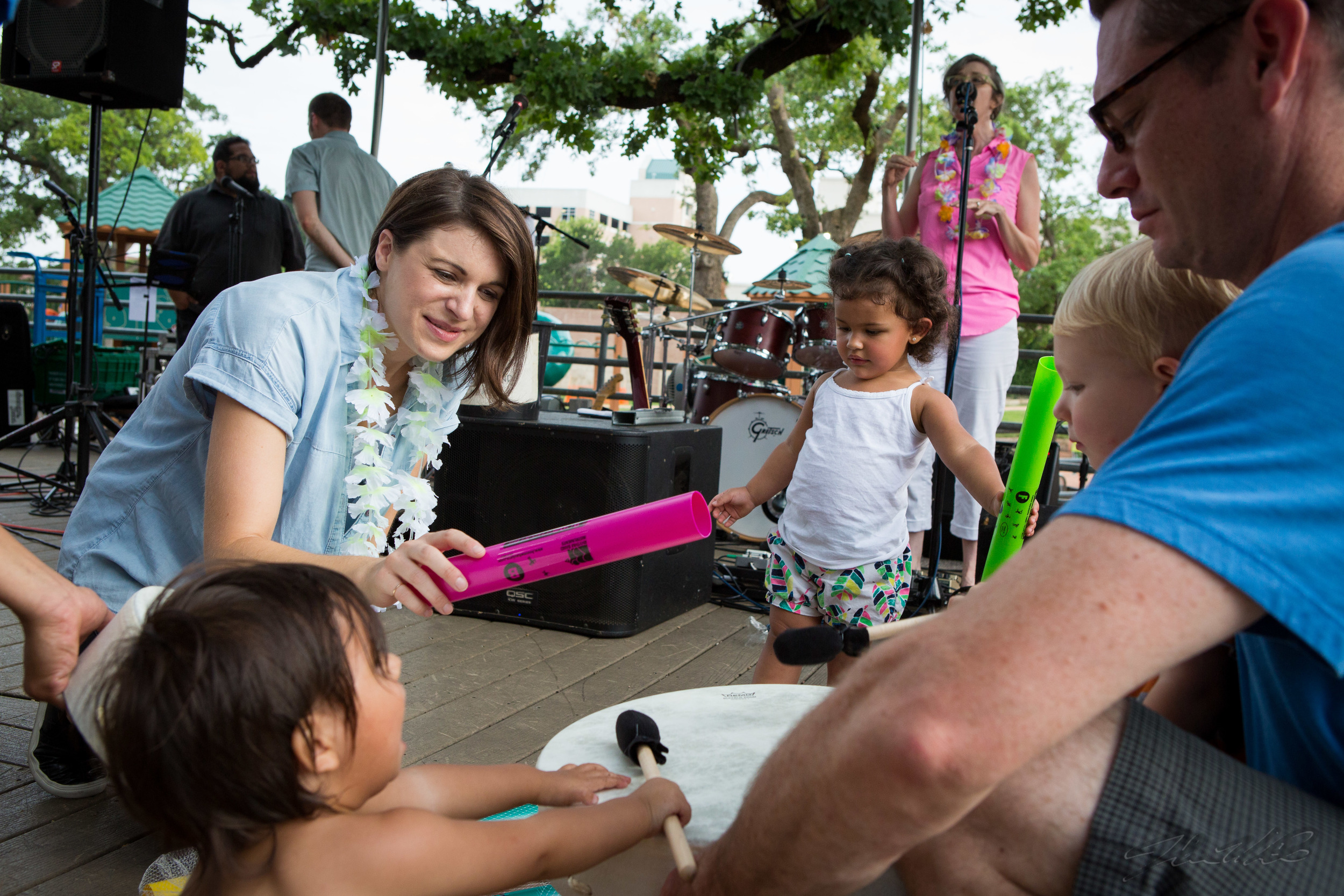

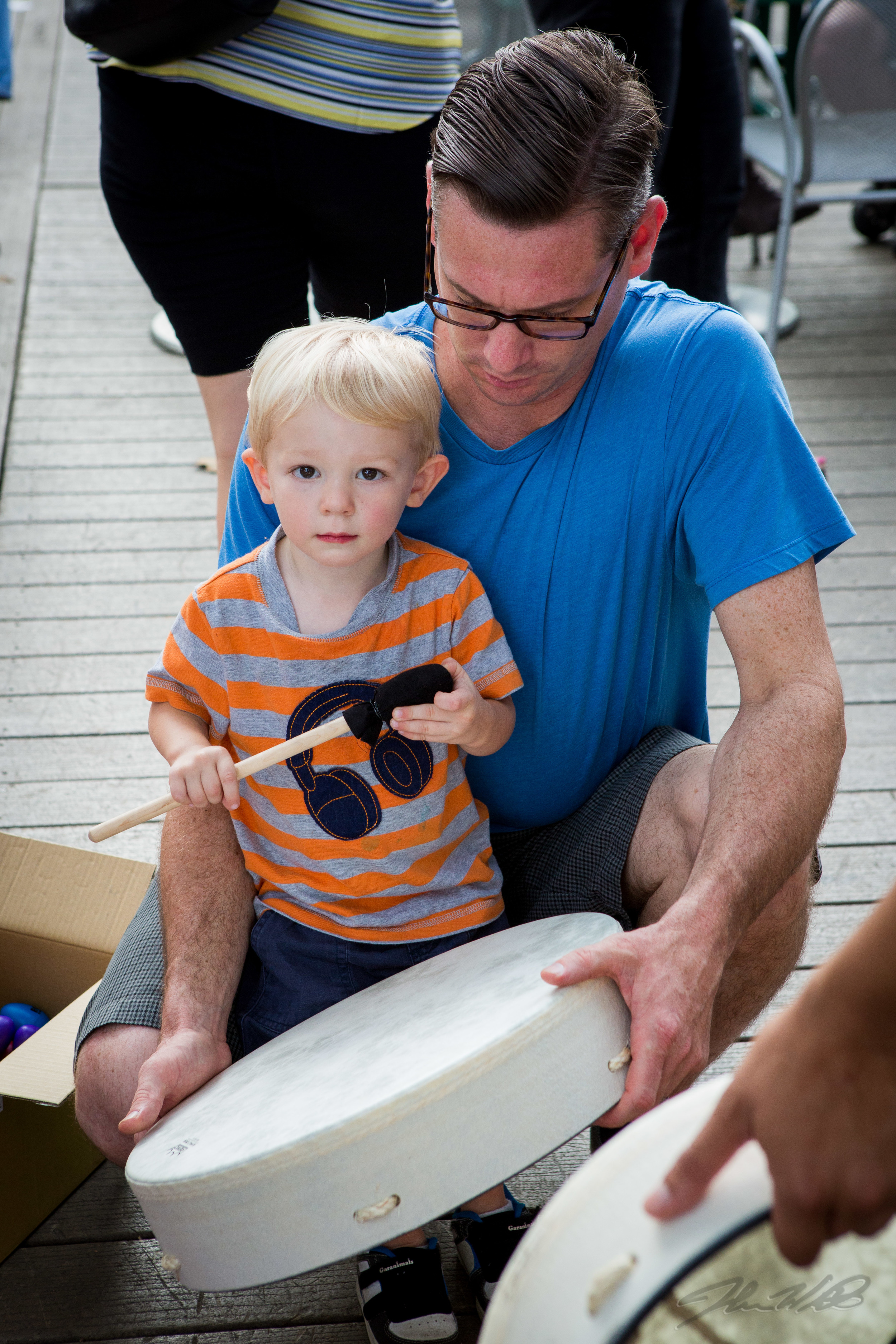

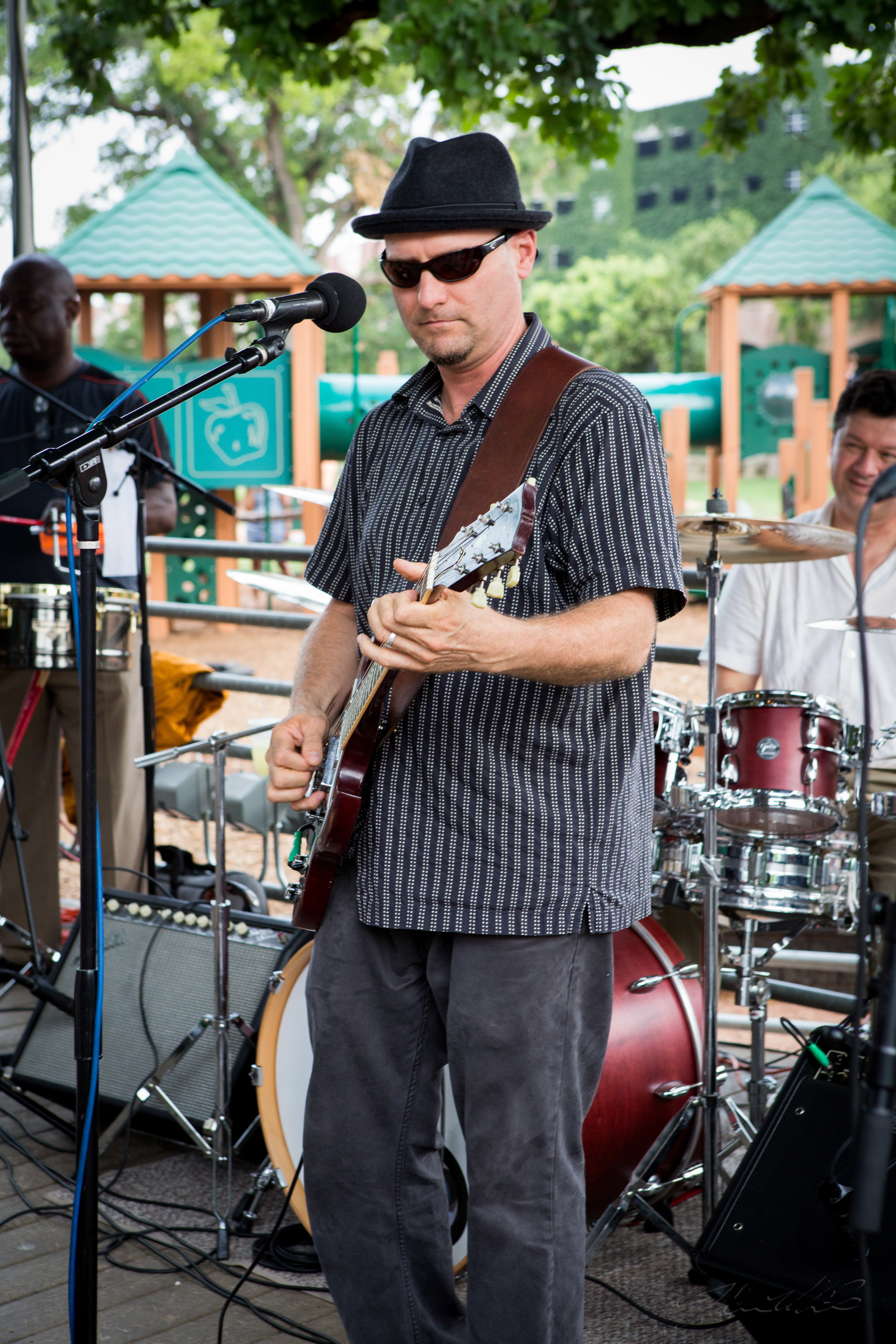

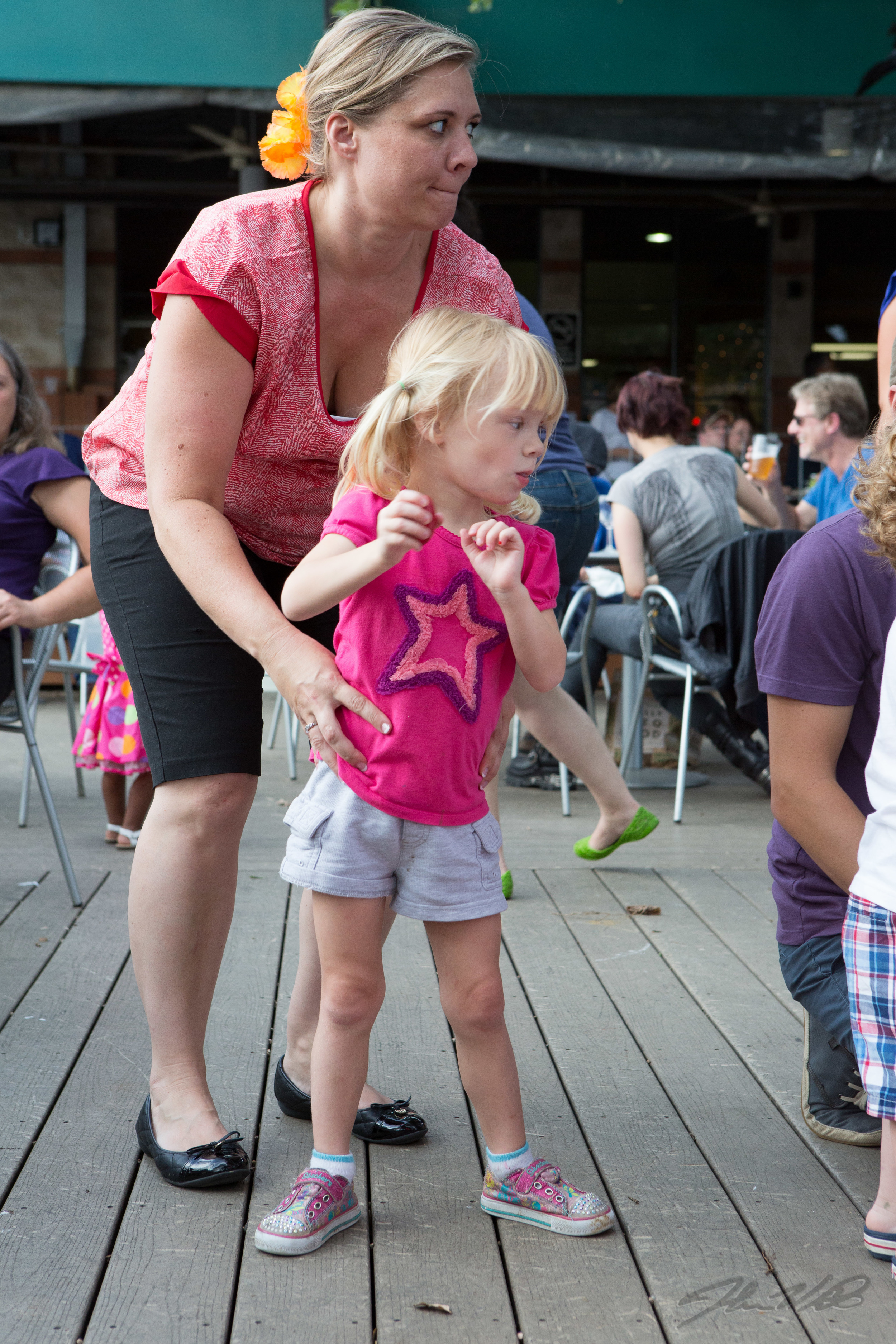

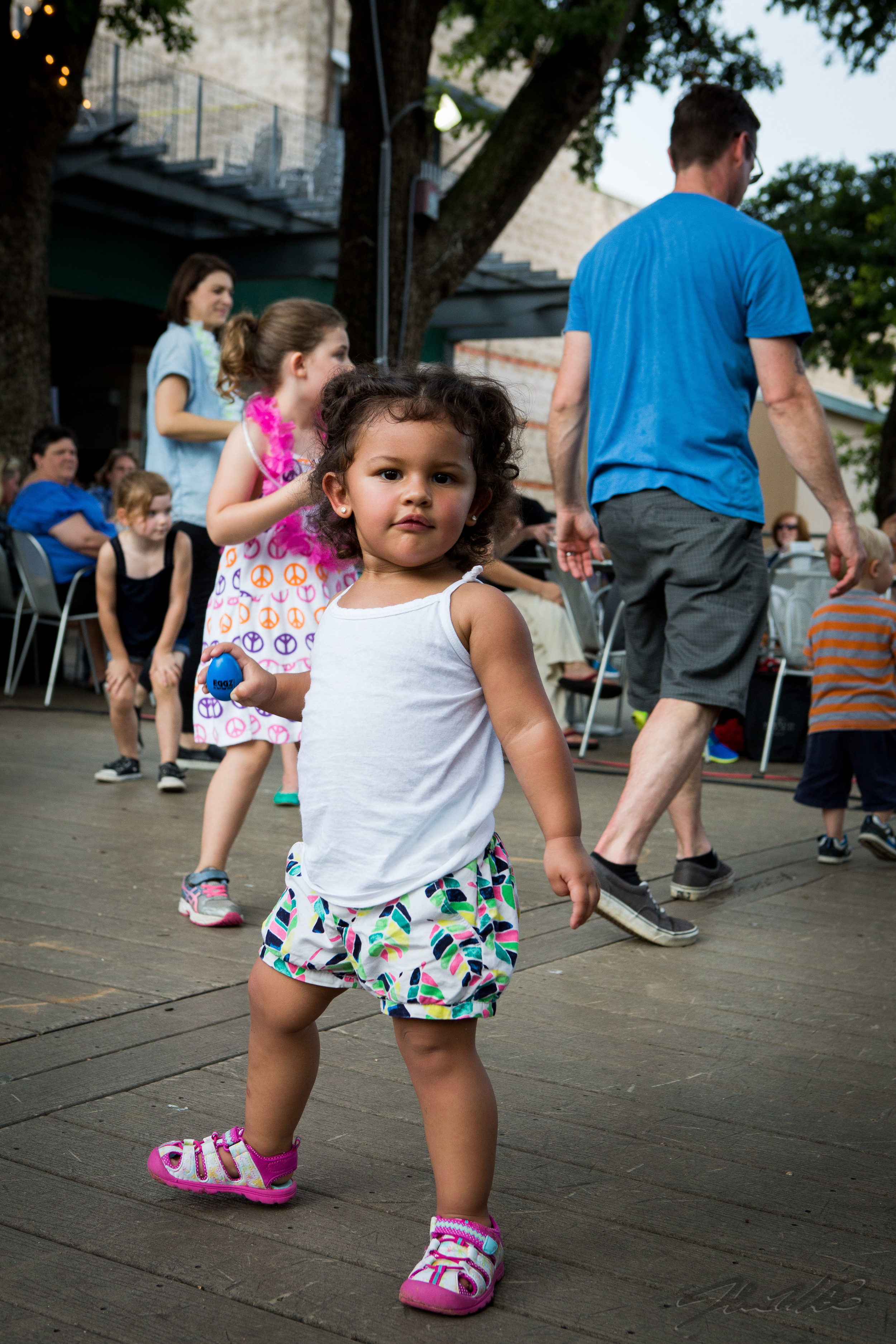

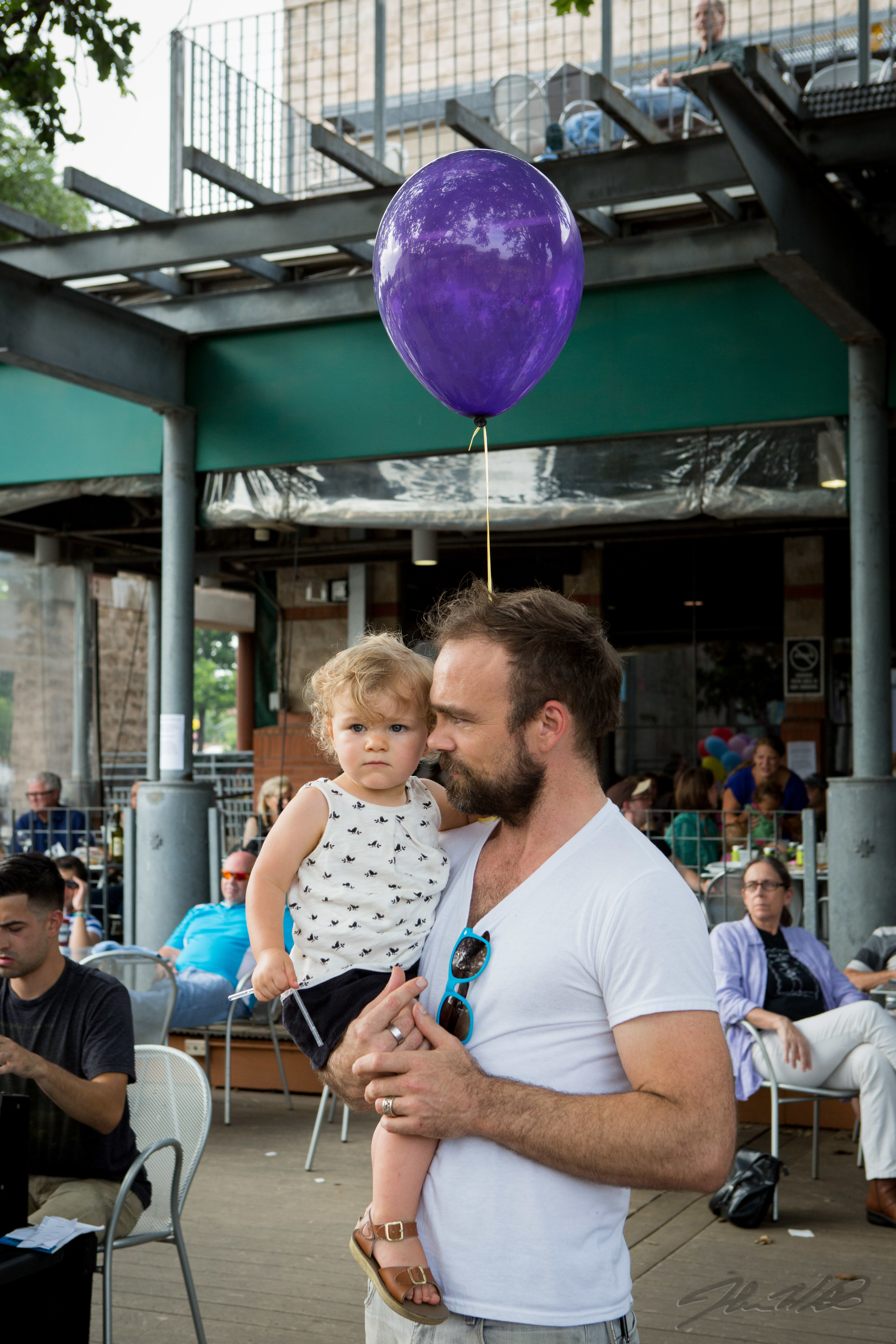



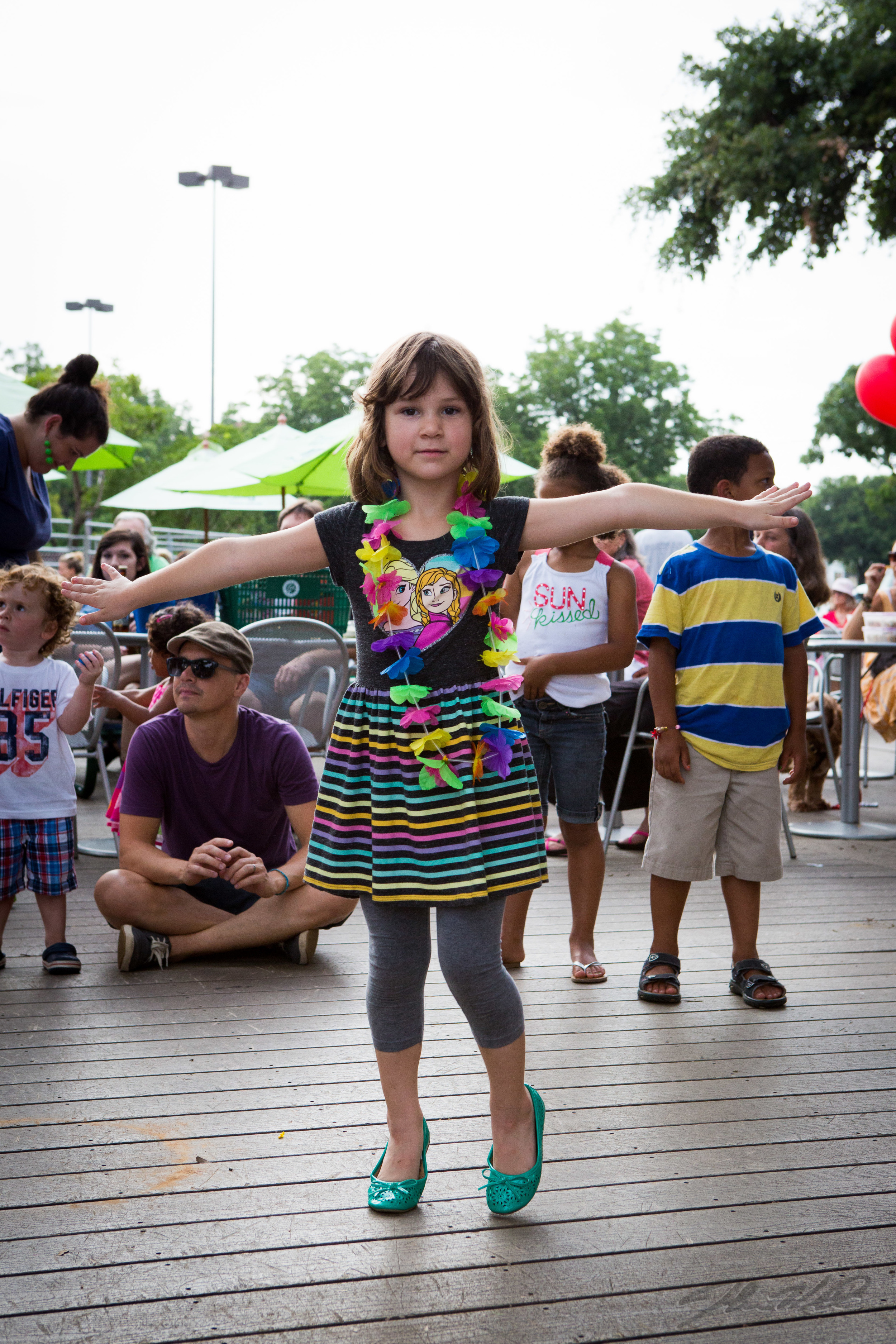


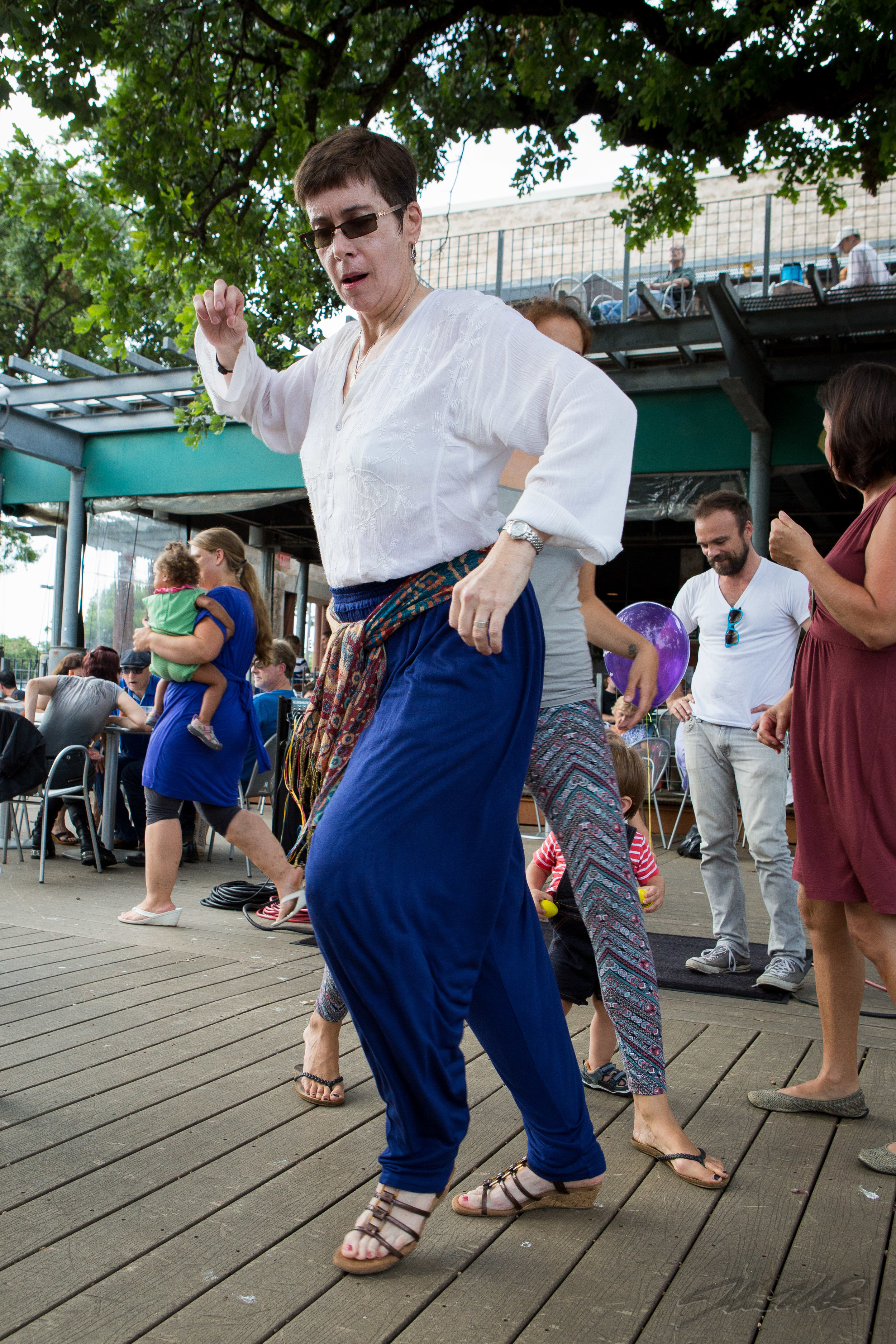

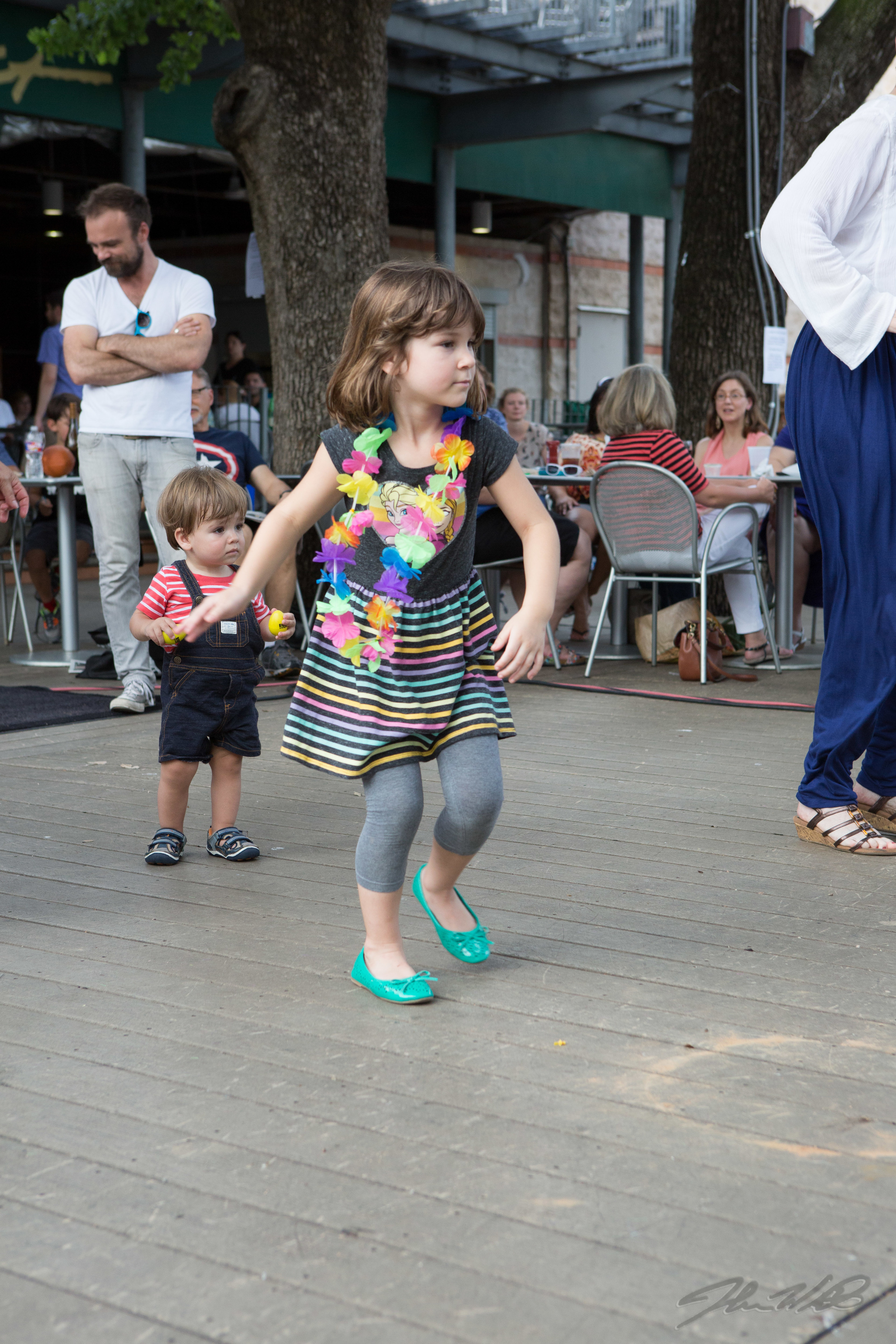


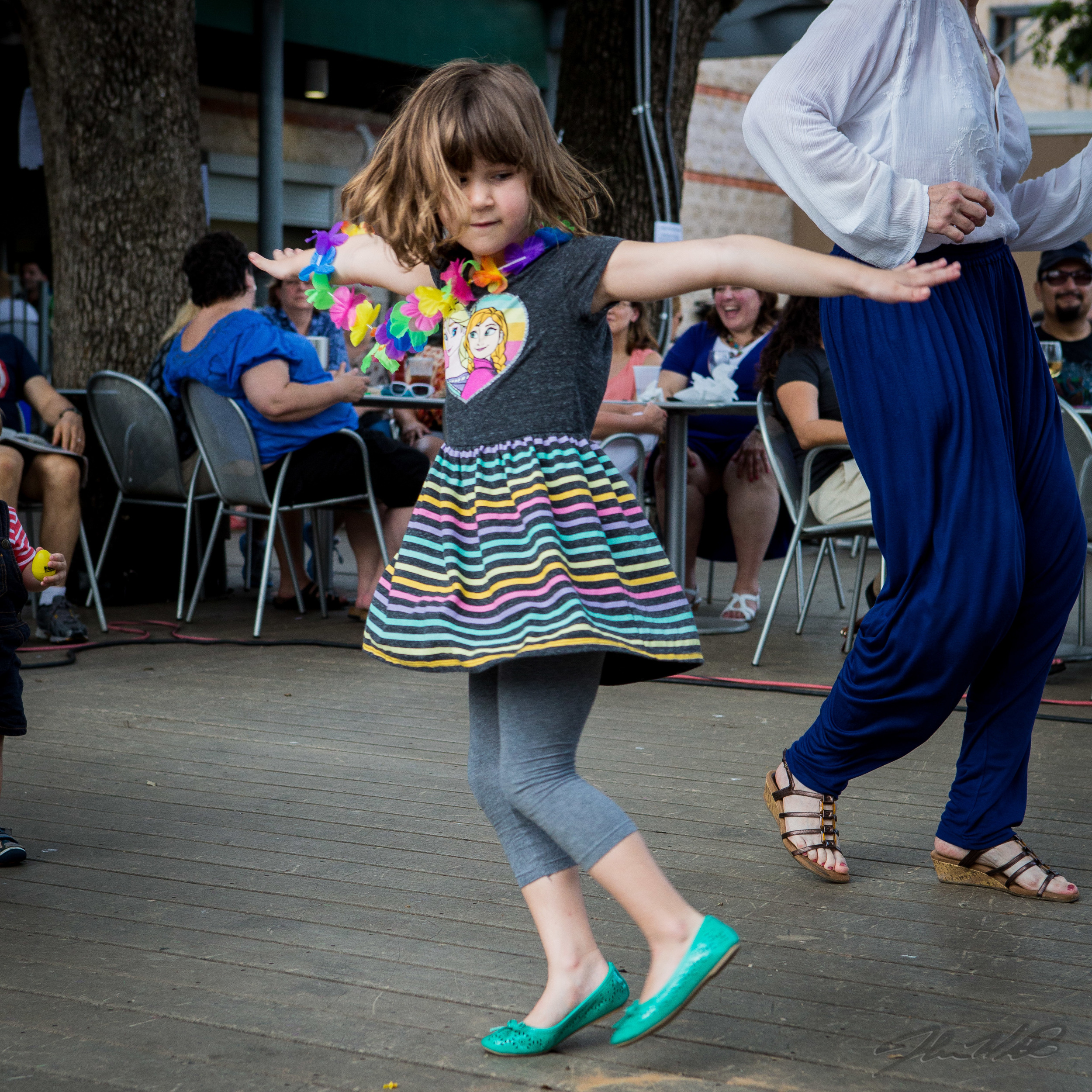



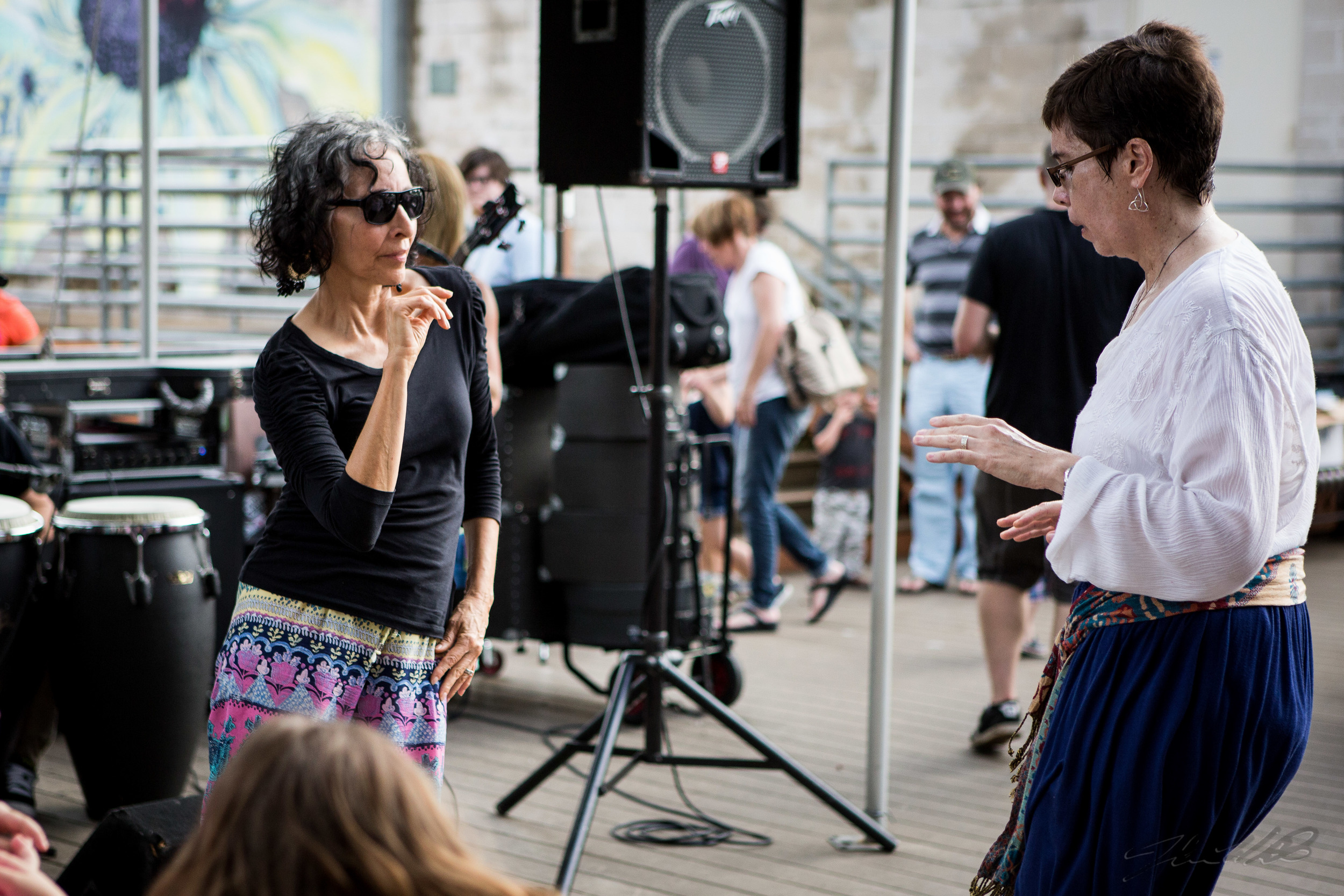




For Inquiries: www.movementtracksproject.com Photography by: John Winters - http://www.wynnimages.com
